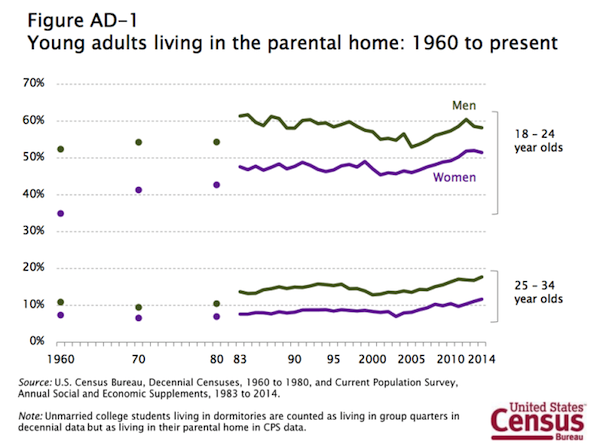What would change if both men and women could give birth?

For your sake, let’s not imagine the biological implications too vividly here.
Once women — and by extension, their partners — reach a certain age, the procreation question becomes inevitable. Should we? Can we? When? How many? How will this affect our careers, our finances, our lifestyle, our happiness? (And this obviously doesn’t even have to be a “we” and “our” conversation; it can just as easily be a “me” and “my” one instead.)
But what if, in the name of equality, this was a less one-sided conversation? What if through some breakthrough, the burdens and privileges of childbirth could be shared equally by both genders, and it was up to each parent to choose who carries each child?
If male, would you want to have this experience?
If female, would you be willing to give it up?

